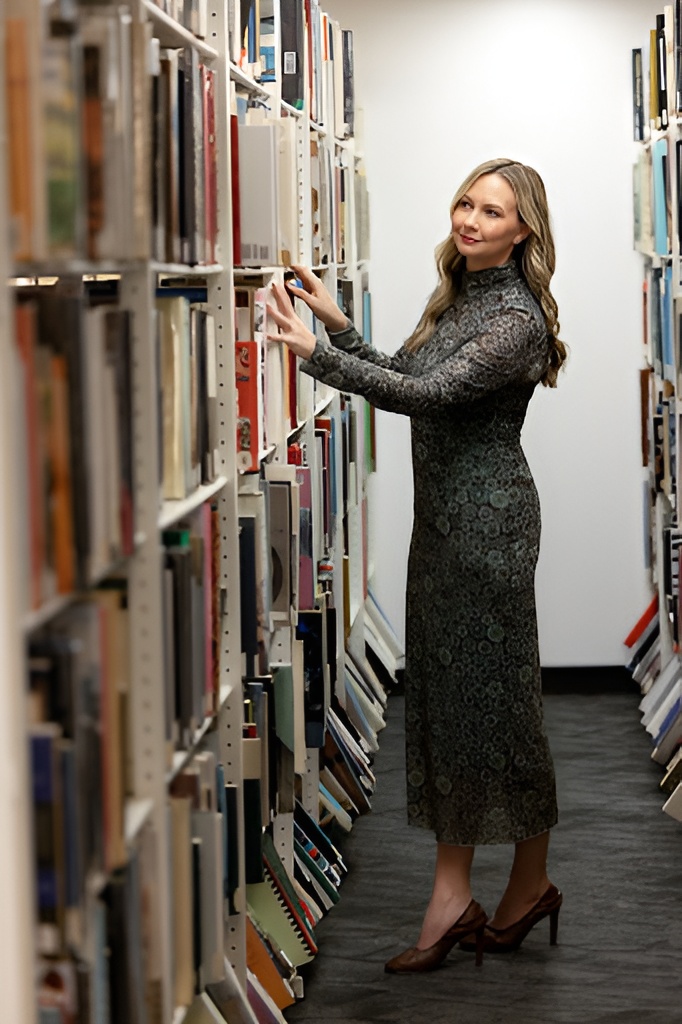Introduction
If you’ve ever wondered “What does an art advisor actually do?” you’re not alone. Many collectors – from those just beginning their journey to those refining blue-chip collections – seek clarity on how advisors add value. In short, an art advisor acts as your trusted guide to the art market: helping you buy and sell wisely, manage your collection, and build a legacy with discretion.
Below, we answer the most common questions collectors ask about art advisors.
Q: What exactly is an art advisor?
An art advisor is a professional who works independently to guide collectors through the process of acquiring, managing, and preserving art. Unlike galleries or dealers, who sell from their own inventory, advisors act solely in the best interest of the client.
At Mercer Contemporary, our role is to align your collection with your personal goals, whether that means building cultural legacy, strengthening financial value, or simply surrounding yourself with works that inspire.
Q: What does an art advisor do day-to-day?
Art advisors wear many hats. Their responsibilities often include:
- Sourcing artworks – from emerging artists to blue-chip masters.
- Providing market expertise – analyzing trends and opportunities across Modern, Post-War, Contemporary, and Emerging art.
- Negotiating purchases and sales – securing favorable terms with galleries and auction houses.
- Accessing rare works – opening doors to off-market opportunities that most collectors never see.
- Collection management – arranging shipping, insurance, conservation, installation, and appraisals.
- Legacy planning – advising on philanthropy, museum placements, and generational wealth.
Q: Why should a collector hire an art advisor?
Collectors often turn to advisors for several key reasons:
- Expertise – The art market is complex and fast-moving. Advisors ensure you make informed decisions.
- Access – Advisors have deep relationships with galleries, auction houses, and artists, giving clients priority access to rare works.
- Discretion – Advisors work behind the scenes, protecting privacy and negotiating discreetly on your behalf.
- Fair Pricing – Advisors ensure that collectors are paying the right price for works, navigating opaque market structures and avoiding overpayment.
- Fast-Track to Access – The art world is intentionally aloof and difficult to penetrate; advisors side-step gatekeeping and accelerate introductions to the right galleries, dealers, and opportunities.
- Evaluating Quality – Artists often produce work in different series and at varying levels of quality. Advisors help collectors discern which pieces represent the strongest examples, ensuring lasting value.
Q: What benefits do UHNW collectors receive from working with an advisor?
For UHNW clients, advisors provide:
- Priority access to in-demand artists and rare works.
- VIP invitations to art fairs like Art Basel, Frieze, The Armory Show, and NADA, as well as private gallery dinners and museum previews.
- Financial stewardship – helping identify works that hold and build value over time.
- Legacy guidance – collaborating with lawyers, accountants, and family offices to structure collections for future generations.
Q: How is an art advisor different from a dealer or consultant?
- Dealer – sells from their own inventory, often prioritizing their own interests.
- Consultant – may advise on projects (e.g., corporate acquisitions) but without long-term, personal focus.
- Advisor – works solely for the client, with no vested interest beyond their goals.
At Mercer Contemporary, we emphasize the advisor role: independent, strategic, and long-term.
Q: Do art advisors only work with major collections?
No. While many advisors specialize in UHNW collections, they also work with collectors at every stage:
- Emerging collectors – those buying their first significant works.
- Established collectors – refining existing collections or transitioning into blue-chip acquisitions.
- Institutional and estate clients – managing legacy planning, deaccessioning, and philanthropy.
At Mercer Contemporary, we specialize in both large-scale projects and individual acquisitions, tailoring services to each client’s needs.
Q: How do advisors get paid?
Most advisors charge either:
- Hourly or project fees, or
- Percentage of transaction value (transparent, always in the client’s interest).
Reputable advisors never take hidden commissions from galleries or dealers.
Q: How does Mercer Contemporary approach art advisory?
We combine:
- Over a decade of experience across Modern, Post-War, Contemporary, and Emerging art.
- USPAP-certified appraisal expertise through the Appraisers Association of America.
- Deep global relationships with galleries, auction houses, and curators.
- Cross-category insight through our network of specialists in collectibles, design, and jewelry.
- A discreet, client-first ethos – ensuring your collection is both personally meaningful and financially strong.

Conclusion
An art advisor is more than a guide – they are a trusted partner in building, protecting, and elevating a collection. Whether sourcing rare works, managing logistics, or shaping your cultural legacy, the right advisor ensures that every decision aligns with your goals.
Mercer Contemporary provides art advisory, fine art appraisal, and legacy planning services for collectors across the U.S. and internationally. To learn more about how we can support your collecting journey, please contact us.
